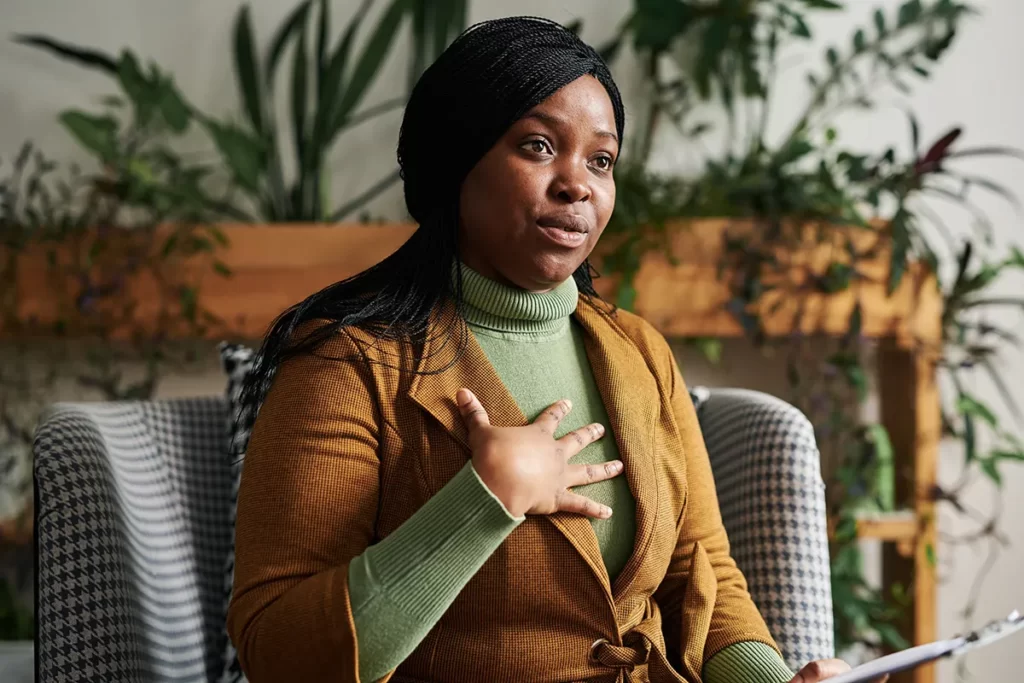Menu
Menu
Relationship Counselling
Online relationship counselling
Strong, connected, and loving relationships are vital to our health and happiness, but it’s not always easy to be the partner, parent, family member or friend we would most like to be.
Online counselling offers opportunities for individuals, couples, and families to explore and change aspects of their lives and relationships they want to improve.
Mental health support workers help people to achieve their goals in a positive and collaborative way – clarifying issues, exploring options, and developing strategies. Online therapists assist people to develop insights and understanding about their relationship, work on issues of concern, and/or build capacity to create safe, thriving relationships.

Although there are some similarities and overlap between the different types of mental health support worker, there are also some key differences between how a psychologist, mental health social worker, occupational therapist, and counsellor work with people and support their clients to achieve their mental health goals through therapy online.
What is the difference between a psychologist, mental health social worker, occupational therapist, and counsellor?

Psychologists, including registered psychologists and clinical psychologists, are accredited by the Psychology Board of Australia, which is part of the Australian Health Practitioner Regulation Agency (AHPRA). In Australia, psychology is a regulated profession. At minimum all psychologists complete a 6-year sequence of university studies and supervised training. A Clinical Psychologist has completed an advanced training program in the form of either a Masters or Doctorate qualification plus a program of supervised practice.
Psychologists are trained in the science of how people think, feel, behave, and learn. Psychologists have specialist skills and expertise in assessing, diagnosing, and treating mental health conditions.
Accredited mental health social workers are highly trained and skilled allied health professionals, meeting some of the highest standards of professional regulation in Australia. Accredited mental health social workers are recognised providers with Medicare and other programs, delivering clinical social work services in mental health settings and utilising a range of evidence-based counselling. Mental Health Social Workers provide a unique contribution to mental health care by their holistic approach to working with a person.
Occupational therapists with Better Access to Mental Health accreditation are registered with AHPRA, and help people to improve their health and wellbeing, with a focus on physical and mental health that may be related to a person’s injury or illness, or to an accident or developmental impairment. The primary goal of occupational therapy is to enable people to participate in everyday life. To gain registration as an occupational therapist, clinicians must complete a minimum 4-year undergraduate, or 2-year postgraduate Masters-level program of study approved by the Occupational Therapy Board of Australia. Occupational therapists draw on a range of psychological and occupational therapy strategies to help people understand and cope better with their daily functioning, productivity, and/or capacity.
Counsellors help people to achieve their goals in a positive and collaborative way; clarifying issues, exploring options, and developing strategies.
Relationship counsellors provide high quality relationship counselling for individuals, couples, families, and children. Relationship counsellors assist people to develop insights and understanding about their relationship, work on issues of concern, and/or build capacity to create ‘safe’ thriving relationships.
In Australia, counselling is a self-regulated profession. All I relate. Health counsellors are accredited with either the Australian Counselling Association (ACA) or Psychotherapy and Counselling Federation of Australia (PACFA) to ensure they are suitably qualified, skilled, and maintain their professional growth and development.
Quick Links
I want support with
Interrelate acknowledges the Traditional Custodians of the lands and waters on which we work and heal. Our work is guided by people’s lived experience with mental health and almost 100 years of experience supporting individuals and families. We want all Australians to have access to mental health support they can relate to and embrace diversity, equity, and inclusion in all its forms.